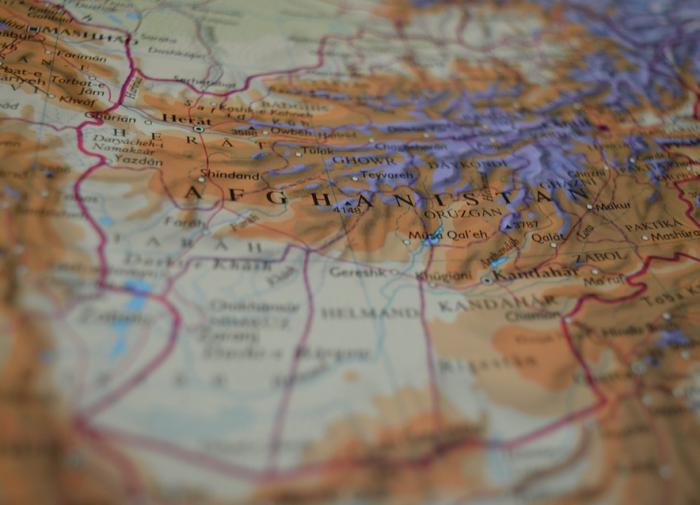Anglo-Saxons' plans for Afghanistan have never changed
At the beginning of the last century, the news about the death of Afghan Emir Abdur-Rahman made headlines all over the world. It was reported that his death could lead to most unpleasant consequences for both Russia and England, and, consequently, for the whole world politics.

Kabul - Russia - Kabul
Everything flows, but nothing changes. The topic of the Afghanistan crisis has become important again, especially for Russia. England is no longer the same, and the successor - the United States - is a far cry from the current rulers of Afghanistan.
After Shir Ali Khan's accession to the throne in 1864, Abdur-Rahman participated in the troops of his father, Afzul Khan, and uncle Azim Khan in the fight against his other uncle, the powerful Emir Shir Ali. He conquered Kabul in 1866, where his father established himself.
After the death of his father in 1867 and the expulsion of Azim Khan, he fled to Bukhara, but did not find special sympathy o the part of the Bukhara Emir and returned to Balkh, continuing the war against Shir Ali. Having been completely defeated at Ghazni, he fled to the border of India, but soon arrived through Persia to Mashhad, from there to Khiva and further, through Bukhara, he came to Samarkand to General Abramov.
During the 1880, Abdur-Rahman, as a result of palace intrigues, became a pitiful fugitive and took refuge in Tashkent, which then used to be part of the Russian Empire.
Like current Afghan fugitives, the emir humbly begged for guns, money, and something else, and the Russian press used to write back then.
After long ordeals, the deposed monarch was awarded a pension from the Russian government and disappeared from the political arena for ten years. The Russian pension did not keep the foreigner in Russia. In 1880, after the British victory over the Afghans, Abdur-Rahman returned to Kabul, where he again became a proclaimed emir, albeit with London's consent.
And yet, in his autobiography, he expressed very warm memories of his time in Russia (from 1870 to 1880) and mentioned the cordiality of the Russian authorities.
Who said that the East is tricky?
However, "a few months after accession to the throne, he forgot about the Russian hospitality and developed a fondness for English gold," the Moscow press wrote.
It gets worse and it goes on. A few years later, fueled by the insidious advice of the British, the former friend of the Russian Tsar and the Emir of Afghanistan attacked Russia. He was defeated near the Kushka River by the corps headed by General Alexander Komarov.
Journalists wrote that the emir "dreamed of a war with Russia" until the end of his days. Objectively, however, those "dreams" were coming from London:
"The integrity of India is what makes the British tremble, and their frustrated imagination gives them a picture of consequences of the Russian campaign to the Ganges."
Historians consider Emir Abdur-Rahman the most outstanding ruler of Afghanistan. Having remarkable intelligence and energy, he had done a lot for his country. He had united and arranged law and order in it, at least for a while, as he believed.
And as a good politician, he understood the complex position of Afghanistan between the two monsters - Russia and Great Britain. The complete independence of Kabul was illusory. He owed a lot to Russia, where he enjoyed hospitality during the years of his exile, but at the same time he was closely linked with the British who supported him financially. Abdur-Rahman treated Moscow and London with equal distrust. Yet, his sympathies were with Russia.
Subscribe to Pravda.Ru Telegram channel, Facebook, RSS!


